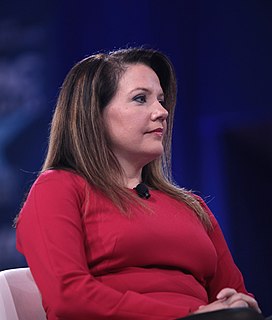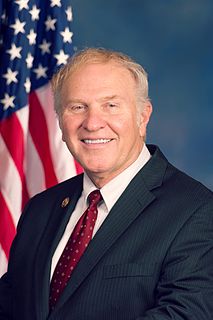A Quote by David Harsanyi
The problem is that Americans use the state as a moral compass. For libertarians, it is often frustrating to explain that advocating the decriminalization of x is not synonymous with endorsing x.
Related Quotes
The foundation of leadership is your own moral compass. I think the best quality leaders really know where their moral compass is. They get it out when they are making decisions. It's their guide. But not only do you have to have a moral compass and take it out of your pocket, it has to have a true north.
The biggest difference in what's going on in New Zealand versus the rest of the world, aside from the decriminalization of sex work, is that sex workers were actually part of the decriminalization process. There was a provision in that legal change stating sex workers would be part of an evaluation committee, and in 2008, they were, they were a part of the committee determining whether or not decriminalization worked. They are continually regarded as stakeholders - in their communities, but also in the legal process. That's such a different way of operating.
In 1980, evangelicals overwhelmingly elected a candidate who was a known womanizer when he was in Hollywood. He would be the first divorced president in U.S. history. His name was Ronald Reagan. And when evangelicals voted for Reagan, they weren't endorsing womanizing. They weren't endorsing divorce. They were endorsing Reagan's policies.
John Stuart Mill believed that the only acceptable reason for government to limit a person's liberty was to prevent him from causing unacceptable harm to others. Mill was not a libertarian, but many libertarians are quick to cite this principle when arguing against a regulation that they oppose. And I believe most thoughtful libertarians are prepared to embrace something fairly close to Mill's harm principle. But accepting that principle implies accepting many of the institutions of the modern welfare state that libertarians have vigorously opposed in the past, such as safety regulation.
The corruption of freedom is in proportion to the moral deterioration of the people. For a people who have lost their sense of self-respect have no need for freedom. And the income tax, by transferring the property of earners to the State, has disintegrated the moral fiber of Americans to such a degree that they do not even recognize the fact.

































